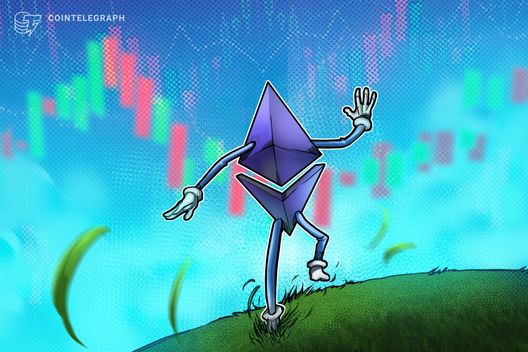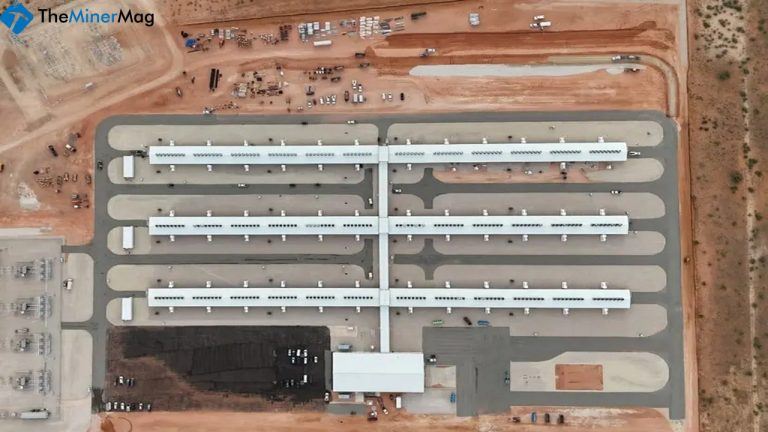DAOs need checks and balances to have better governance
2 min read
Over the past few years, decentralized autonomous organizations (DAOs) have
Second, a tiered DAO is more transparent, as the project community already knows about the core team’s additional governance powers. This team usually consists of a company’s CEO, developer, project architect, security officer, finance head, creative director and others. The project team ensures that the company makes the right decisions during its formative years and quickly responds to emergency situations.
Strategic decision-making becomes more agile and fast with the help of core teams. Moreover, this team is usually responsible for appropriately spending the treasury revenue for the project’s future development. The core team reports to an intermediary DAO group to ensure that the former doesn’t become overtly powerful and dishonest. The large project community can elect representatives to the intermediary group who will protect the community’s interests.
Mastering the balancing act
The community holds the key to complete decentralization, as they suggest proposals for protocol upgrades and collectively vote on them. Simultaneously, hierarchical governance structures help startups to make quick, informed decisions on important operational issues. DAOs should not take an “either-or” approach by prioritizing either the community or tiered DAO entities. Rather, both the community and hierarchical bodies can streamline decision-making and governance.
Successful DAOs won’t choose between the community and the core team, but will maintain equilibrium between them.
Lang Mei is the CEO of AirDAO, previously known as Ambrosus Ecosystem, a DAO focused on building a decentralized system to enable social and financial interactions. Originally born in China, he obtained a bachelor of science in information management and entrepreneurship from the University of Colorado, Boulder before making his way to Silicon Valley. By the age of 20, he had founded three profitable startups.
This article is for general information purposes and is not intended to be and should not be taken as legal or investment advice. The views, thoughts, and opinions expressed here are the author’s alone and do not necessarily reflect or represent the views and opinions of Cointelegraph.







